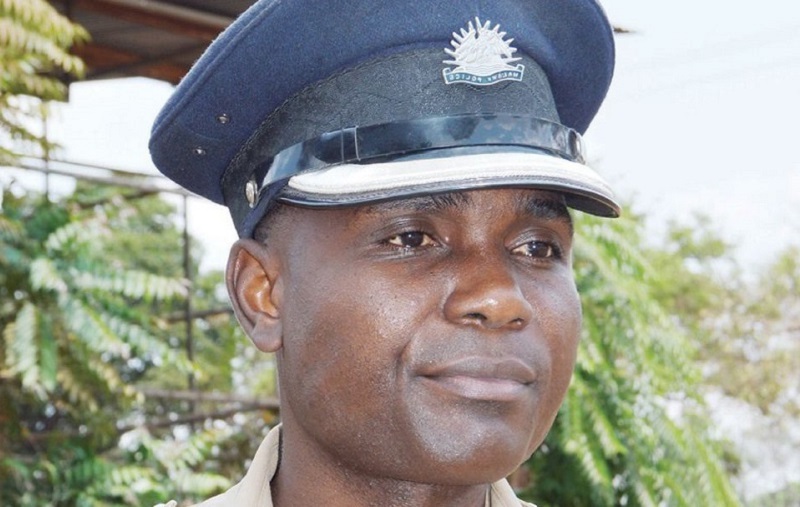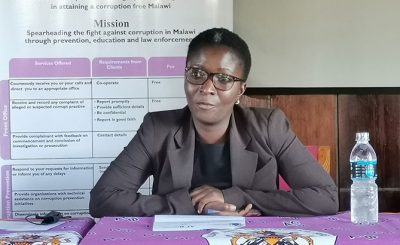When Parliament passed the Electronic Transaction and Cyber Security Act in 2016, hopes were high that the law would protect people especially children from cyber bullying and abuse.
Five years down the line the picture seem to have changed from bad to worse, evidence is the status-quo on the ground.
With booming of digital communication such as WhatsApp, Facebook, twitter among other platforms, it seems that enforcement of the law has faced a lot of pitfalls than perks.
Among others, the law criminalizes sharing of uncensored content such pornographic materials, pictures of children in conflict with the law as well children subjected to sexual abuse.
But, almost each and the everyday, children are being abused on social media platforms despite having a fully functional law whose grand purpose is to protect them from such abuses.
Recently, a nine-year-old girl whom we shall call Nditani, is reportedly to have been repeatedly defiled by her stepfather.
When the ordeal was unearthed, social media platforms were flooded with Nditani’s pictures sadly, people on social media were like competing on sharing the innocent girl’s photos; Nditani was the talk of the town.
The question could be, were people sharing the story out of sympathy or just breaking the news? Did they have it in mind the extent of damage this would cause?
It was difficult for YFM to get in touch with Nditani’s family after the incident. All the four attempts made for a whole week to speak with Nditani’s mother whom we call Zinenani were turned down because she could not trust anyone as the damage was just so severe.
However, on the fifth attempt she agreed to talk to us and she said life is no longer the same for her daughter.
“My daughter and I are no longer the same since the incident. At times, we feel like all has been shuttered as I do not even know who to trust with my daughter,” Zinenani said.
“Currently, Nditani is no longer going to school since many people know her through the pictures that were circulated on social media. She is always indoors.”
“Our life has completed changed.”
Concurring with Zinenani is a psychologist Dr. Chiwoza Bandawe who said this will have a long term impact on the 9-year-old girl and likely to affect her development if there will be no intensive psychosocial therapy.
Dr. Bandawe said; “It is like she’s been victimized twice, because this tendency is also emotional abuse therefore she needs counseling.”
Reacting to the same, child rights campaigner, Dr. Jessie Kabwira condemns the malpractice saying it contravenes article 3 of the Convention of the Rights of a child which stipulates that all actions concerning the child shall take full account of his or her best interests.
On his part, Lucky Mbewe, a renowned child rights advocate has demanded a thorough investigation and arrest of the individuals who first shared the pictures.
“I would like to urge Ministry of gender and police specifically to probe more and make arrest on those that shared,” he said.
For its part, the Malawi Police Service through its spokesperson James Kadadzera said much as the malpractice is a crime and punishable by law, they find it difficult to apprehend the perpetrators saying it is difficult to trace them
But ICT expert and president for ICT association of Malawi (ICTAM) Bram Fudzulani was of the view that perpetrators can be traced with necessary tracking tools of which, the country currently does not have.
“Technologically, I know that these can be tracked but currently we do not have necessary tools despite MACRA still implementing CERT that deals with cyber security,” Fudzulani said.
However, when contacted, the communications regulating body, Malawi Communications Regulatory Authority (MACRA) which is also spearheading the implementation of the Act through a written response pushed the enforcement of the Act to the Malawi police service, but was quick to say that they have established a Computer Emergency Response Team (CERT) which is a focal point for coordination of cyber-security related issues at national and international level to respond to cyber security threats.
In as much as the country has various cyber related legal frameworks, a lot of people do not have knowledge about the laws.
According to the National Statistical Office (NSO) National Household survey on Access and Usage of ICT Services in Malawi of 2019, 64 % of the Malawi’s population which is about 10 million people lack knowledge on cyber security
Could we say that this is one of the factors fueling such malpractices?
Jimmy Kainja, a cyber-security expert who is also a Communications lecture at Chancellor College agrees.
On the other hand Tereza Ndanga is the chairperson of the Media Institute of Southern Africa- MISA Malawi and she said the puzzle could be true since not every social media subscriber is aware of media ethics.
“I think journalists are doing fine in concealing identity of such minors but the problem is on social media were a lot of people including citizen journalist do not know media ethics on the same,” she says.
Ndanga therefore suggests the need to civic educate masses on the importance of hiding identity of children in conflict with law or those subjected to abuse.
But what does the Ministry of Civic Education and National Unity say, regarding civic educating the masses on this?
Alick Kampeza, spokesperson for the ministry said the ministry of information is better placed to respond.
However, when YFM contacted Minister of Information Gospel Kazako could not grant us the interview citing other engagements.
If what Superintendent James Kadadzera said about failing to apprehend perpetrators of cyber abuse because they cannot be traced, is anything to go by, should we say that the cyber-related law have failed us? And how safe are Malawians especially children who are vulnerable on internet?
Well one thing, Nditani’s mother wants for her child is recovery from the trauma and also the arrest of the person that first shared the picture.





